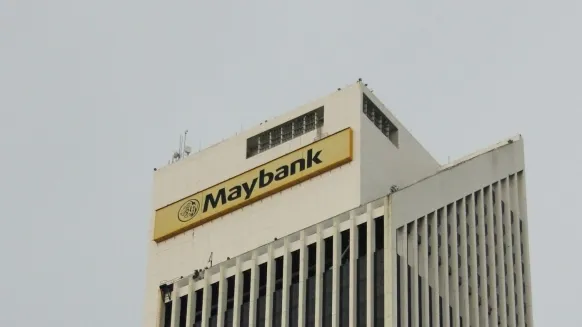
Islamic Banking creates new horizons for banking solutions
The last few years have experienced a rapid growth of Islamic banking and finance services around the globe. GCC and Southeast Asian countries pioneered Islamic banking and finance. Though estimates vary, there is little dispute that annual global growth is consistently in the double digits and that Islamic finance assets under management are currently valued at more than US$400 billion.
As Islamic banking matures, the industry is seeing a shift from Islamic banking products that merely imitate conventional ones – Shariah-compliant products – to completely new, Shariah-based products. Being one of the fastest growing financial market segment, the burgeoning global Islamic banking market is expected to attract more players, further boosting demand for technology solutions that support banking operations, procedures and products which are Shariah-compliant.
Major challenges
The increasing competition among incumbent and new players presents challenges not only in terms of fighting for market share and creating innovative products, but also in terms of technology. After all, a solution that can support banking processes built on Islamic principles is critical to the credibility of any offering and could help a financial institution internationalise its business and assume an effective survival strategy in this market.
A central tenet claims that Islamic banking rests on the prohibition of usury. Hence, Islamic banking solutions must suit such forms of Shariah-compliant financing like Murabaha and the accounting practices associated with them.
Adding to the challenges in creating software to accommodate all the various forms of Shariah-approved financing is the lack of accepted standards on what constitutes Shariah compliance. Islamic banks generally have a Shariah board, comprising local Islamic scholars, who interprete the Qur’an and help in designing products and processes that comply with Islamic law. But, as interpretations can vary between countries and regions, it can be hard to devise a uniform Shariah-compliant banking system.
This, in turn, has posed an obstacle to software vendors targeting the Islamic banking market as it required them to have an in-depth understanding of Islamic banking needs so that their solutions cater to the specific and complex requirements.
Looking for the optimum software
Islamic banks need software that can be implemented quickly, offers complete Shariah compliance, can support Islamic banking functions locally and globally and has an accounting backbone to support back office functions with straight-through processing capabilities. In addition, a web-based interface and new communication channels applying latest technologies will boost the volumes of business.
The software must support Islamic banking functions such as savings and current accounts (al Wadiah), investment accounts (al Mudharabah), Al Ijarah, Islamic trade financing, Islamic treasury, Islamic equity financing, general ledger, customer profiles, remittances, telebanking, internet banking and ATM.
A highly flexible modular system could be the way to go for both established and new banks given the lack of standardisation on Shariah compliance. As their businesses grow and their offerings widen or change, modular components that integrate smoothly with an existing IT system would be efficient, cost-effective and facilitate faster implementation. An advanced and modular IT system built on a component architecture could create a strategy to meet existing and future shariah compliance, business requirements and technological enhancements of banks. This will promote Islamic banking globally.
The future of Islamic banking solutions
Most of the existing Islamic IT banking systems are based on conventional banking. With the development of the market has come the need for applications that can capture market and customer data and handle accounting processes. To achieve operational efficiency and reduce time to market new products, Islamic banks need to procure banking software specific to Islamic banking methodology.
Despite the current advances in technology, patched-together and tweaked conventional systems continue to exist at many banks. While these systems are helpful, they cannot match the speed and efficiency of those built for the Islamic banking market causing loss of strategic advantages for banks.
Banks are waking up to the need for an IT system that can help them compete effectively, realising they require systems that perform more than basic automation. This will improve bank-customer relationship management package to win new customers and reduce operating costs.



















 Advertise
Advertise














